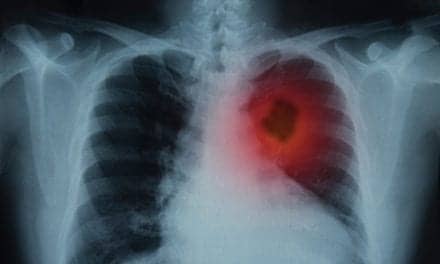Sweden-based AMRA Medical and Fulcrum Therapeutics, Cambridge, Mass., have collaborated to create a standardized whole-body MRI protocol to evaluate skeletal muscle composition in patients with facioscapulohumeral dystrophy (FSHD), a slowly progressing muscular dystrophy. An abstract describing this work was accepted and made publicly available by the Muscular Dystrophy Association.
Clinical trial investigators commonly use functional tests such as the 6-minute walk test and single-slice MRI to evaluate neuromuscular disease progression. But these techniques can vary substantially, creating unwanted data noise. Also, many neuromuscular disease studies emphasize only the legs. This study includes whole muscle volumes in the legs, trunk, shoulders, and arms.
AMRA and Fulcrum conducted a study to evaluate, optimize and standardize a whole-body MRI protocol for use in clinical trials for Fulcrum’s losmapimod, a small molecule investigational therapeutic for FSHD. Together, they successfully developed a detailed musculoskeletal MRI protocol to quantify muscle fat fraction, lean muscle volume, and muscle fat infiltration. They volumetrically and bilaterally analyzed 18 individual muscles in 16 adults with FSHD across six clinical sites using diverse MRI scanner manufacturers. Fulcrum plans to use AMRA’s protocol as part of the further development of losmapimod.
“Commonly used endpoints— such as functional tests—have limitations, so we engaged with AMRA based on their ability to reliably and quickly segment and quantify muscles,” says Diego Cadavid, senior vice president of clinical development for Fulcrum Therapeutics. “Together we developed an MRI protocol that generates stable images from which AMRA’s algorithms produce consistent, quality, objective and reproducible biomarkers that we now use in our ongoing clinical trial program.”
For more information, visit AMRA Medical and find the study at MDA.






